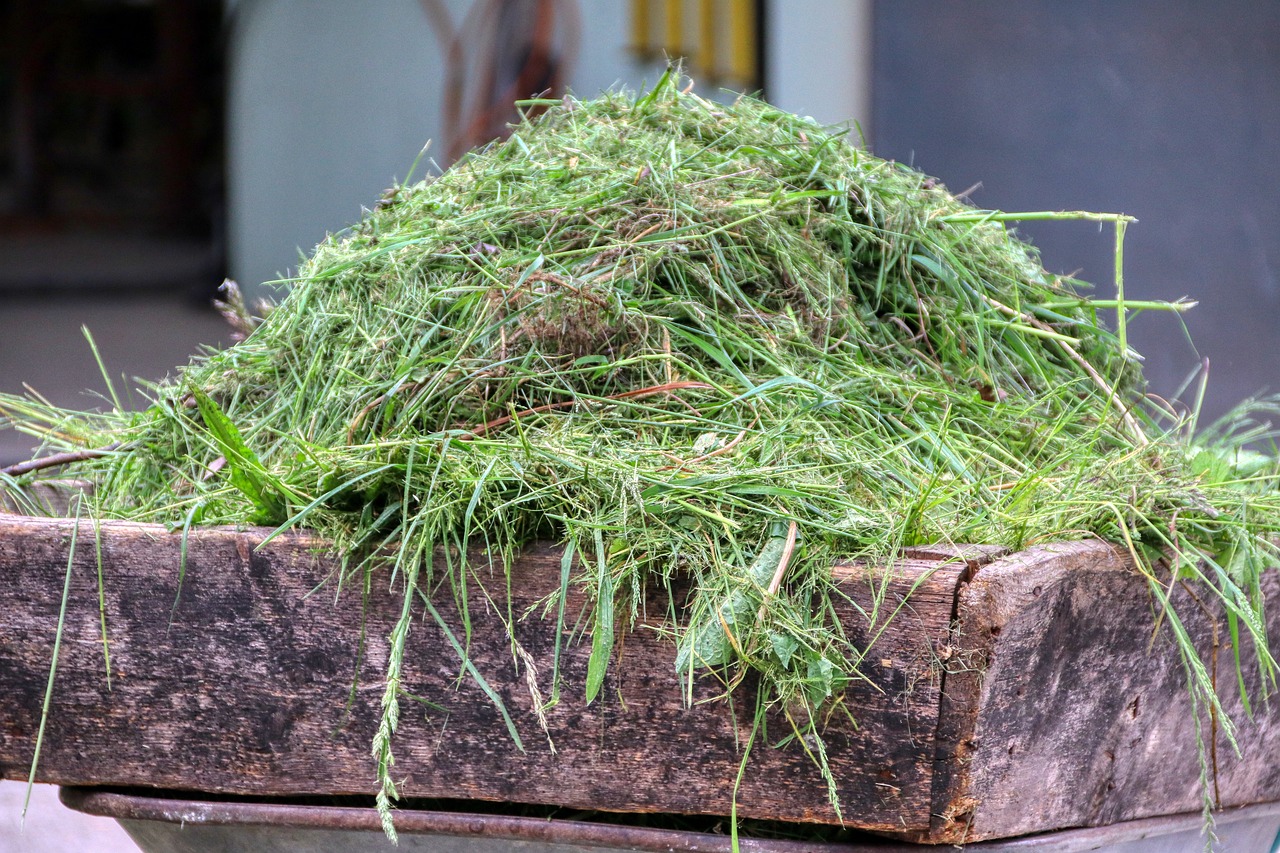Homeowners should be aware that some chemicals commonly used by landscapers and contractors can contaminate commercial and home compost and could impact the growth of homegrown vegetables and other garden plants.
Broadleaf herbicides containing the chemical Clopyralid are only permitted for use in New Zealand by qualified and approved handlers. Although Clopyralid breaks down eventually in soil, it doesn’t break down when lawn clippings are put through a composting process. Clopyralid residues in compost can impact some plants, such as tomatoes, potatoes, peas, beans and roses at very low concentrations.
The Environmental Protection Authority (EPA) recently released an alert advising approved handlers of the broadleaf herbicide Clopyralid to follow the rules for selling and using the herbicide. The EPA regulates products containing Clopyralid under the Hazardous Substances and New Organisms Act.
WasteMINZ’s Organic Materials Sector Group Steering Committee member Liz Stanway said landscapers or contractors had been advised by the EPA to inform their clients that they are using herbicides containing Clopyralid. Clients should also be informed by contractors about how to dispose of garden waste containing Clopyralid – it must be sent to landfill and not to a composting facility.
“Homeowners should ask their contractors which types of herbicides they use on their property,” Liz said.
“If your contractor does use Clopyralid-containing weedkiller, any lawn clippings or garden waste that has been sprayed must go to landfill, otherwise it will contaminate compost and affect the growth of vegetable plants and flower gardens.
“Just a few loads of affected grass clippings can contaminate large batches of compost – that’s potentially tonnes of compost that can no longer be used or sold. It’s also important that homeowners are aware of this, so they don’t put it in their own home compost.”
Composting companies in New Zealand have a variety of ways to avoid the risk of Clopyralid contamination, including not accepting lawn clippings and regularly testing compost batches for Clopyralid residues prior to sending them out to retailers.
However, Liz said the issue of Clopyralid contamination in compost could be avoided altogether, if approved handlers ensured that they dispose of lawn clippings appropriately themselves and always informed their clients of the risks and the correct disposal.
“Composters across New Zealand use organic resources (such as garden waste, bark, food scraps, and chicken manure) to make great composts and soil conditioners. With a strong focus on quality product, some producers regularly test their composts to make sure they are fit for purpose. Composters also carefully manage the materials used for compost manufacturing to avoid contamination.
“We encourage composters to undertake voluntary testing for Clopyralid as a best practice approach and suggest that composters should continue to be vigilant and to monitor their feedstock closely to avoid contamination.”
Learn more about the rules for using and disposing of clopyralid on the EPA website: https://www.epa.govt.nz/industry-areas/hazardous-substances/rules-for-hazardous-substances/high-profile-substances/how-to-keep-clopyralid-out-of-compost/

